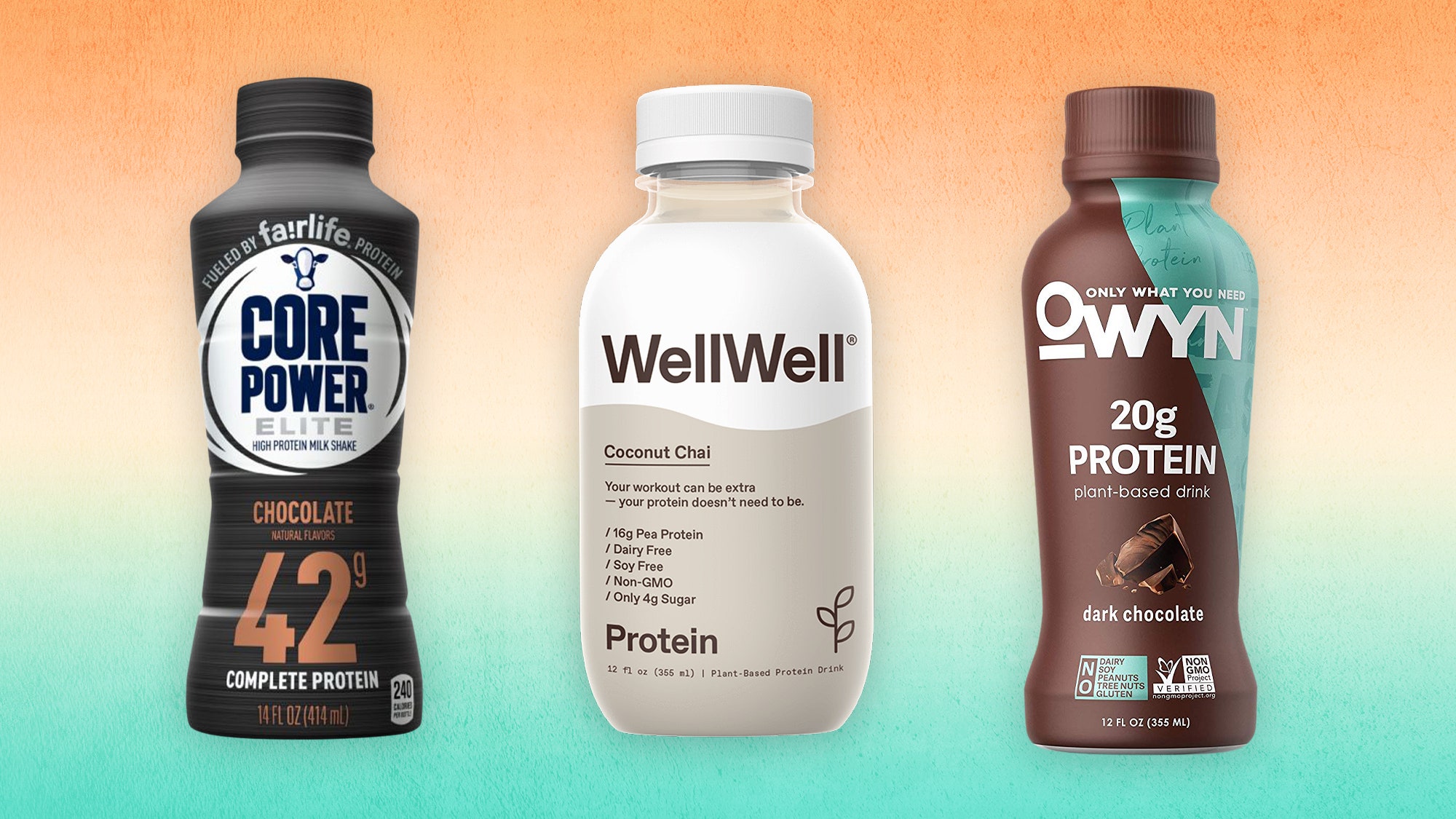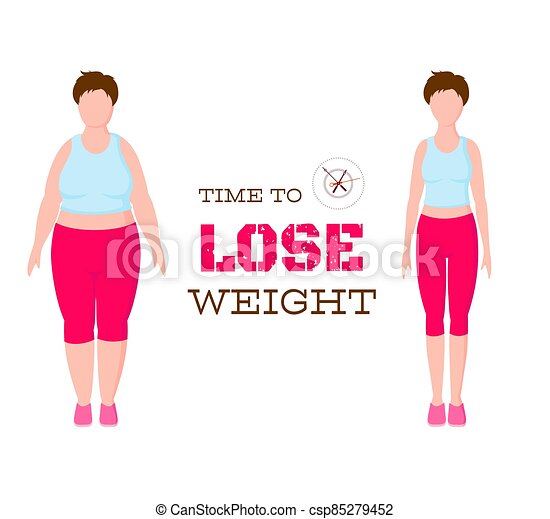
Keeping fit is not always easy, and the middle-aged woman's weight has a tendency to creep up on her. It won't be as easy to lose weight if you don't exercise as much or eat less. So what's a good weight loss plan for middle aged women? A combination of diets will work. We'll discuss a High-protein/moderate-carbohydrate diet, Intermittent fasting, and the Mediterranean diet.
High-protein/moderate carbohydrate diet
A High-protein/moderate-carbohydrate diet for the middle-aged woman may provide several health benefits. It improves cognitive function, and may delay the onset of fatigue during vigorous exercise. It is also a good source of energy which can be useful for exercise-induced changes. It is recommended that middle age women start their exercise routine by eating a meal that has both carbohydrates AND protein.

Intermittent fasting
Intermittent fasting has been described as one of the best weight loss strategies for middle-aged females, but it does have its disadvantages. For example, women may have trouble distinguishing between a fast day and an eating day. Women who fast on alternate day may have difficulties understanding the results. But, intermittent fasting has some key advantages for middle-aged females. Let's take a look.
Low-calorie diets
Anita Dock, nutritionist, suggests that women over 50 should eat as much colorful vegetables and focus on lean proteins. You should avoid hot dogs, sausage, bacon, processed meats, and other processed meats. These foods are high-calorie and can also be carcinogenic. It is crucial to eliminate processed meats from your daily diet because they are often low in vitamins, nutrients, and can cause serious health problems.
Mediterranean diet
The Mediterranean diet emphasizes healthy fats and plant-based food, while limiting animal protein. It promotes physical activity daily, and is associated with lower mortality rates and risk of developing cardiovascular disease. One study of nearly 26,000 women found that Mediterranean-style eating was associated with a 25% lower risk of developing cardiovascular disease. Researchers examined changes in inflammation, blood sugar levels, and body mass index among participants. Fortunately, there are several Mediterranean diets that are safe and healthy for middle-aged women to follow.

Flexitarian diet
The flexitarian vegetarian diet is a good option if you're looking for a healthy and efficient vegetarian diet. It's a vegetarian-friendly lifestyle that means that you will consume a lot of whole grains and fruits. However, it has fewer calories. This diet was developed by registered dietitian-nutritionist Keri Gans, who lives in New York City.
FAQ
What is the best time to do Intermittent fasting in order to lose weight
It's not as easy to answer as you might think. For optimal fat loss, you need to take into account many factors. These include:
-
Your age. If you are younger than 40, intermittent fasting might be too difficult because you have less time for recovery after each fast. On the other hand, if you're older (over 60), you may find that you don't have enough energy to sustain an extended period of daily fasting.
-
Your current body composition. You'll be most successful if you have lots of muscle mass. Shorter fasting might be more appropriate for you if you have less muscle mass.
-
How physically active. Exercise regularly and you may need to extend the fasting window in order to get enough sleep between workouts.
-
Your health history. People with heart disease, diabetes, and cancer may require extra fasting monitoring.
-
How can you manage stress? Stress can often lead to us eating more. To avoid this, you might want to increase the lengths of your fasting window.
-
It is the type of diet you are following. Certain diets, like ketogenic diets, may require even longer fasting periods.
-
The quality of sleep you receive. The quality of your sleep is also a factor in increased appetite and decreased metabolism. It might take some time to find what works best for your needs.
-
The amount of protein you consume. Protein stabilizes blood sugar levels. Therefore, eating more protein could result in lower insulin levels. This would allow one to fast for longer periods.
-
No matter if you are trying gain or lose weight. People trying to gain weight often need longer fasting periods than people trying to lose weight.
-
How many calories do you consume in your fasting windows? Fasting fewer calories per day may result in greater fat loss than fasting for more calories per day.
-
Your overall fitness level. The metabolic rate of fast people who are fit is higher, which means they burn more calories each day.
-
Your gender. Women tend to have a greater appetite than men, so they might need to fast for longer periods. Women are more likely to have smaller appetites and may need to fast only 20-30 minutes every day.
-
Your lifestyle. Do you get enough physical activity? Do you work out several times a week? Do you work at a desk all day? All these factors can have an impact on how much time you should speed.
-
How much money do you spend on food? Eating healthy foods doesn't necessarily mean spending much money on groceries. Whole grains can be substituted for white bread, whole fruits can be purchased instead of candy bars and lean meats over fatty cuts.
-
How important it is for you to control your hunger. You might not have to fast as much if your hunger isn't a problem.
What can I have in the morning when I'm intermittently fasting?
Get water in the morning. You feel fuller faster and have more energy throughout the day. To add some flavor, you can add lemon juice to the mix or cucumber slices.
Are there side effects to intermittent fasting
Intermittent fasting has no known side effects. You might have minor problems if your plan is not well thought out.
You might feel irritable if you skip breakfast. You might also experience headaches, dizziness, fatigue, and muscle cramps.
These symptoms often disappear within a few hours.
What Can You Lose in One Week?
The amount of weight that you can lose will depend on how high your body fat percentage is. It is important to first calculate how much weight you wish to lose. Then, determine your BMI. Your BMI (Body Mass Index) tells you how much weight should be lost to reach your goal. If your BMI is 25 or greater, you're overweight. If your BMI is more than 30, you are obese.
If you are 200 lbs, your BMI will be 28.7. This means that you'd need to lose around 70 pounds to get down to a healthy weight range. To see if you're overweight, visit www.healthyminds.com/bmi/.
Once you know your BMI, you can use this formula to figure out how many pounds you'll lose per week:
(Your Goal Weight - Current Weight)/BMI * 7 Number Of Pounds Lost Per Week
You would need to do 2 weeks of exercise to lose 50 lbs in one month. This is equal to 56 days. Divide that by 7 pounds per week. This works out at 8.3 pounds per week.
You could also try this calculator from www.weightlosscalculator.net. It gives you a rough estimate of how many calories you should eat daily to lose 1 pound per week.
Statistics
- According to a study sponsored by the American Council on Exercise, a person weighing around 140 pounds (64 kg) would burn 108 calories at a 30-minute beginner's Pilates class or 168 calories at an advanced class of the same duration (26). (healthline.com)
- One study in 9 active men found that HIIT burned 25–30% more calories per minute than other types of exercises, including weight training, cycling, and running on a treadmill (18Trusted Source (healthline.com)
- One 6-month study showed that simply doing 11 minutes of strength-based exercises 3 times per week resulted in a 7.4% increase in metabolic rate, on average. (healthline.com)
- Another study found that 24 weeks of weight training led to a 9% increase in metabolic rate among men, which equated to burning approximately 140 more calories per day. (healthline.com)
External Links
How To
How to lose weight fast
There are many fast ways to lose weight. They are often ineffective and non-sustainable, however. You can lose weight fast by exercising and dieting. It is important to eat less calories than your body burns each day. This means that you should eat fewer calories per day than your body burns during regular activities. You must decrease your calorie intake if you want to lose weight quickly.
Avoid foods high in fat and sugar as they can increase your appetite. Make sure to drink lots of water every single day. It helps keep you hydrated and keeps your metabolism running at its peak. When you combine these three things together, you'll see results faster than you ever thought possible!